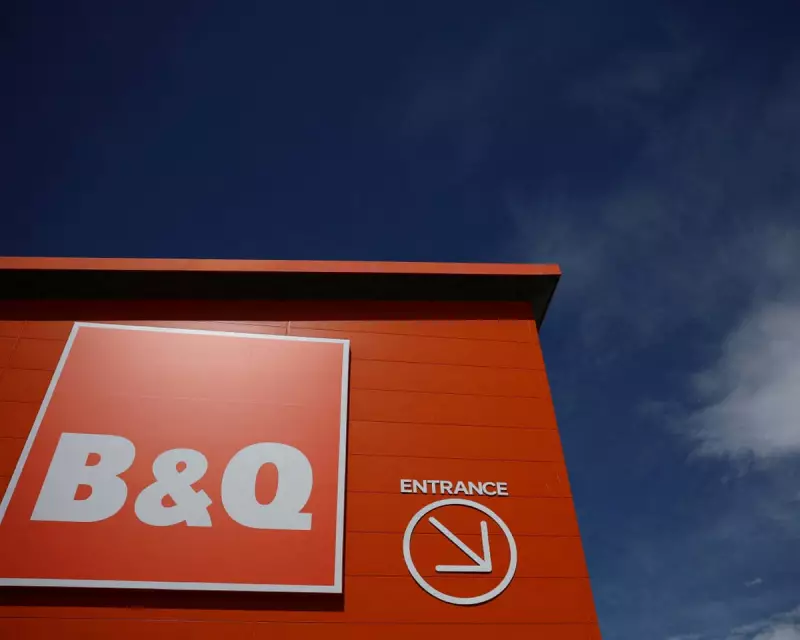
Kingfisher Defies Gloomy Outlook with Upbeat Profit Revision
In a surprising move that bucks the trend of retail sector anxiety, Kingfisher PLC has significantly upgraded its profit expectations for the current financial year. The parent company of DIY giants B&Q and Screwfix now anticipates profits between £540 million and £570 million, a substantial increase from its previous forecast of £480 million to £540 million.
Navigating Market Softening Through Strategic Strengths
Despite acknowledging "softening market conditions" across its operations, Kingfisher's performance demonstrates how well-positioned retailers can thrive even during economic uncertainty. The company specifically highlighted concerns about inflation, budget uncertainty, and a softening labour market, yet managed to deliver impressive results through strategic initiatives.
In the UK market, Kingfisher achieved 3% like-for-like sales growth in the last quarter, outperforming the broader retail sector. Several factors contributed to this strong performance:
- Gaining market share following Homebase's administration
- Expanding presence in the professional trade sector
- Significant improvements in e-commerce capabilities
- Screwfix maintaining competitive advantage over rivals
The French operations, including Castorama and Brico Dépôt, showed signs of recovery through restructuring efforts, though consumer sentiment there remains notably weaker than in the UK.
Broader Implications for UK Retail Sector
Kingfisher's success story offers a dual narrative about the current state of UK retail. Firstly, it confirms that well-managed companies with strong market positions can deliver positive results even during challenging economic periods. This pattern echoes similar performances from other retail giants including Tesco, Sainsbury's, and Next.
The second aspect reveals more nuanced market dynamics. While the prolonged budget preparation period has undoubtedly affected consumer confidence, as confirmed by recent CBI distributive trades surveys, Kingfisher's performance suggests underlying market resilience. The company's experience indicates that current "softening" conditions haven't yet deteriorated into outright weakness.
Analysts point to four interest rate cuts since last October's budget as a crucial factor supporting consumer spending, particularly in the DIY sector where big-ticket items like kitchens and bathrooms benefit from lower mortgage costs.
Looking ahead, the retail sector's fortunes may hinge on whether Chancellor Rachel Reeves can avoid inflation-increasing measures similar to last year's national insurance contributions rises while creating conditions for further Bank of England rate cuts. Recent movements in gilt markets suggest some optimism about this scenario.
However, the alternative outlook presents significant challenges for most retailers. With wage pressures and fixed costs continuing to squeeze margins, the prospect of rate cuts remains one of the few positive macroeconomic factors. Without lower borrowing costs, the current softening in retail conditions could rapidly deteriorate into more severe market weakness.
While Kingfisher appears well-equipped to handle most economic outcomes, the broader retail landscape continues to display fragile consumer sentiment that could test even the most resilient operators in the coming months.





